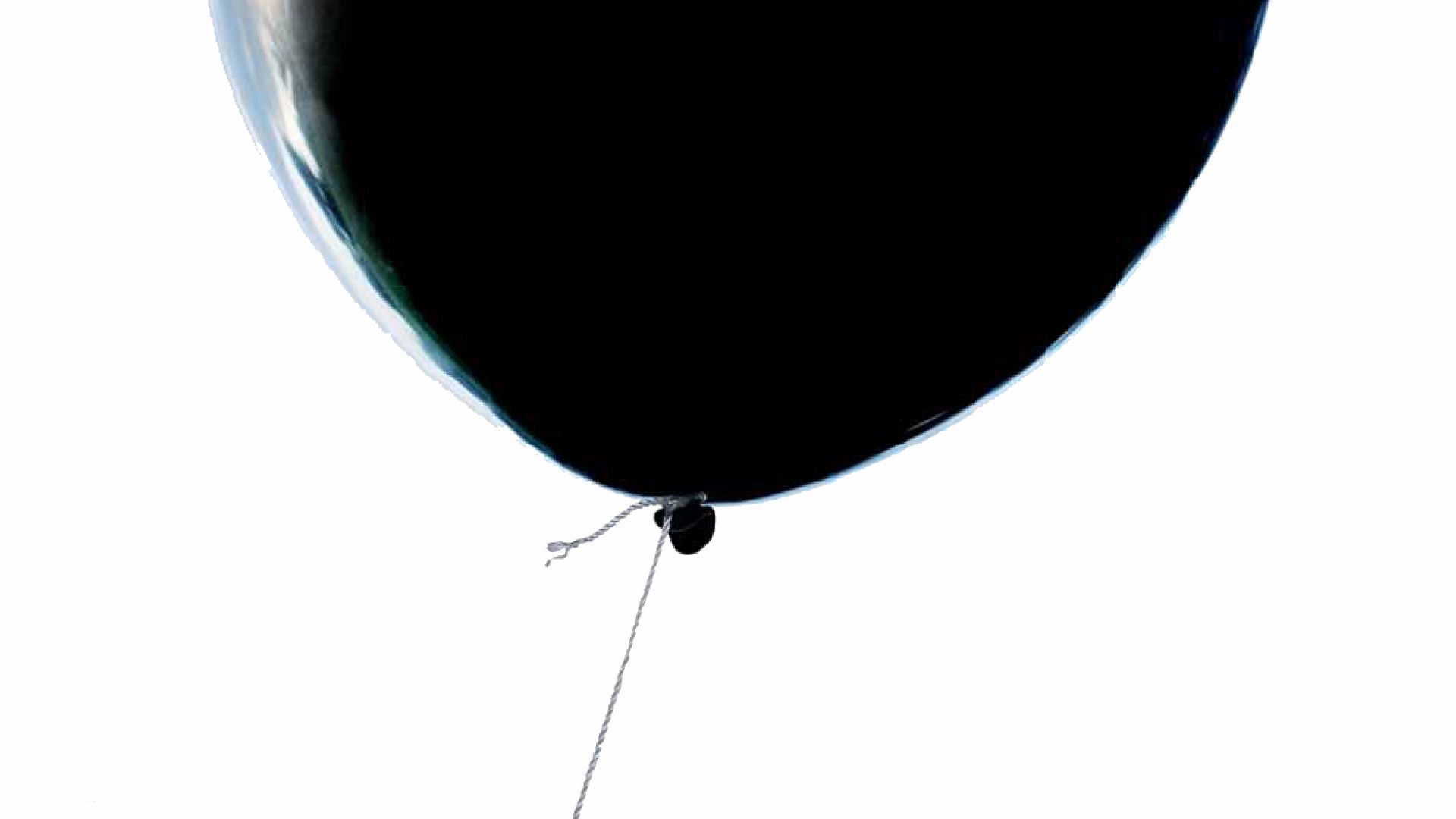A Former Child Soldier’s View of Forgiveness
“People think forgiving is forgetting everything. From my personal perspective, it’s not. Forgiving is, in my opinion, being willing to put a stop to the continuation of the violence itself; to say that, however difficult it is, I am going to stop seeing my neighbor as a perpetual thief or a perpetual killer. Once you do that, you actually will live in peace—with yourself as well as with your neighbor. If you see your neighbor as a perpetual thief or a perpetual killer, you can never live in peace alongside him. And that will actually propel you to do something back to him, which will just exacerbate the problem.
So I think forgiving is actually a way of understanding each other better, and trying to solve the problem rather than going about in a very fearful manner among people. Now, it’s not easy; it’s very difficult. . . . But it’s not about forgetting at all. I think being aware allows us to be in a position to prevent it from happening again; to be in a position to pinpoint when things are about to erupt. Not necessarily to be obsessed with it, but to have it in the back of your mind as a constant reminder of how fragile life is, which becomes very apparent when you find yourself in a conflict situation. Life is very fragile; you are not in control as much is you think you are.”

